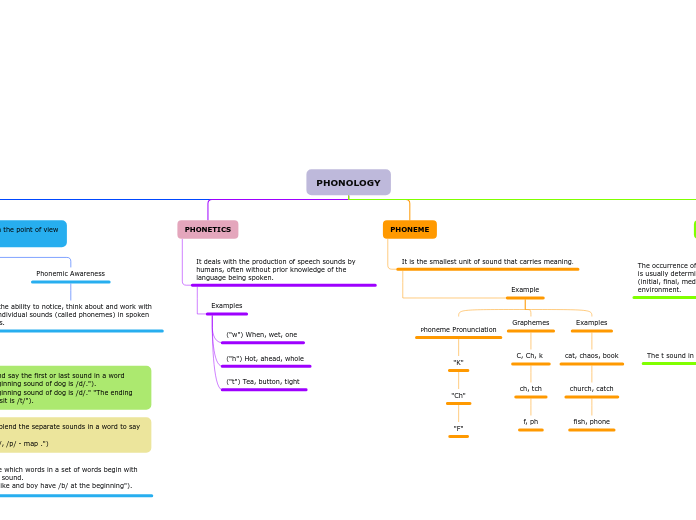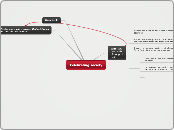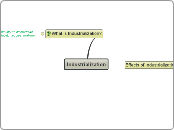Recognize which words in a set of words begin with the same sound.
(" Bell , bike and boy have /b/ at the beginning").
Blend or blend the separate sounds in a word to say the word.
("/m/, /a/, /p/ - map .")
Isolate and say the first or last sound in a word ("The beginning sound of dog is /d/.").
("The beginning sound of dog is /d/." "The ending sound of sit is /t/").
PHONOLOGY
ALLOPHONE
The occurrence of one allophone in place of another is usually determined by its position in the word (initial, final, medial.) or by its phonetic environment.
The t sound in the words "hit", "tip" and "little".
( file ) `FaIt
( fool ) `Fut
( feel ) `fit
PHONEME
It is the smallest unit of sound that carries meaning.
Example
cat, chaos, book
church, catch
fish, phone
Graphemes
C, Ch, k
ch, tch
f, ph
Phoneme Pronunciation
"K"
"Ch"
"F"
PHONETICS
It deals with the production of speech sounds by humans, often without prior knowledge of the language being spoken.
Examples
("t") Tea, button, tight
("h") Hot, ahead, whole
("w") When, wet, one
It studies the phonic elements from the point of view of their function.
Phonemic Awareness
It is the ability to notice, think about and work with the individual sounds (called phonemes) in spoken words.
Phonological awareness
Composed of a group of skills that include being able to identify rhyming words, count the number of syllables in a noun, recognize alliteration, segment a sentence into words, and identify the syllables in a word.









